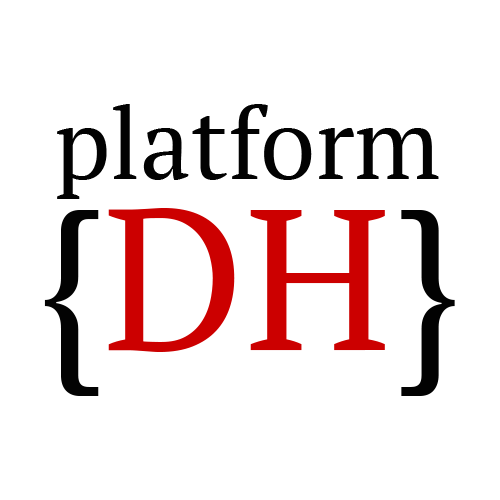CANCELLED: Lecture Series: Siebe Bluijs & Lois Burke
S.D.013 Prinsstraat 13, Antwerpen, Antwerp, BelgiumTowards a Collection of Digital Literature from Flanders and the Netherlands (1971–2022)
Digital literature is an umbrella term that encompasses differing types of multimodal works of literature that are all reliant on the digital environment for their production, dissemination and/or consumption (Rettberg 2018). Digital literature can refer to hypertext fictions, algorithm-generated poetry, works created in virtual reality, online fan fiction, and various other permutations. Digital literature emerged as a concept and a field of study in the 1980s and 1990s. The rapidly changing nature and function of digital media since then have urged new definitions and approaches to this art form.



